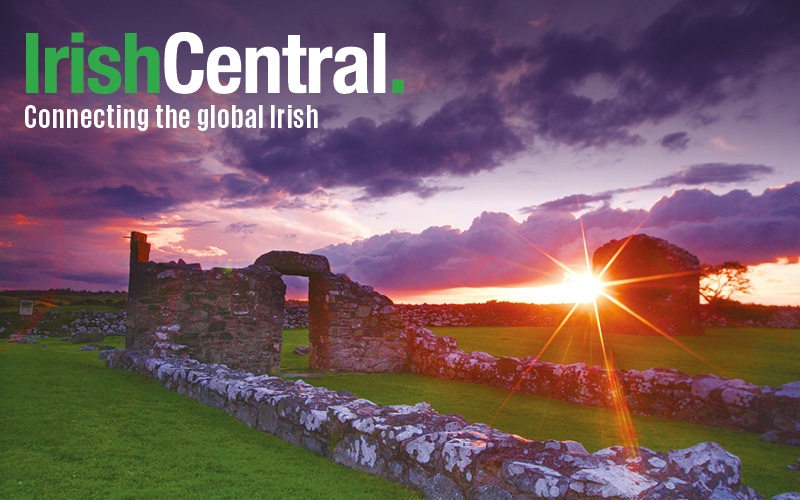One of Europe’s best preserved Viking settlements has been discovered in County Louth, Ireland. Archaeologists believe the settlement dates back to 841, the same year that Dublin was founded.
"Attempts to identify this site date back over 200 years and the significance of it is immense. It will be up there with all the major Viking sites in Europe," according to Eamonn Kelly, the keeper of antiquities with the National Museum who has taken a personal interest in the search.
Locals in Louth were aware of the localities links to the Viking era but had no idea just how strong those connections were.
Excavations on the site began earlier this month and have so far uncovered a human skull, rivets used to build and repair ships, silver used for weighting and exchanging, a spindle whorl for spinning thread and a brooch pin.
The director of the excavations, Dr. Mark Clinton told the Irish Independent, "In 841 the Vikings over-wintered for the first time instead of raiding and leaving. The annals said they over-wintered here and in Dublin and this location was elusive. Until now."




Comments